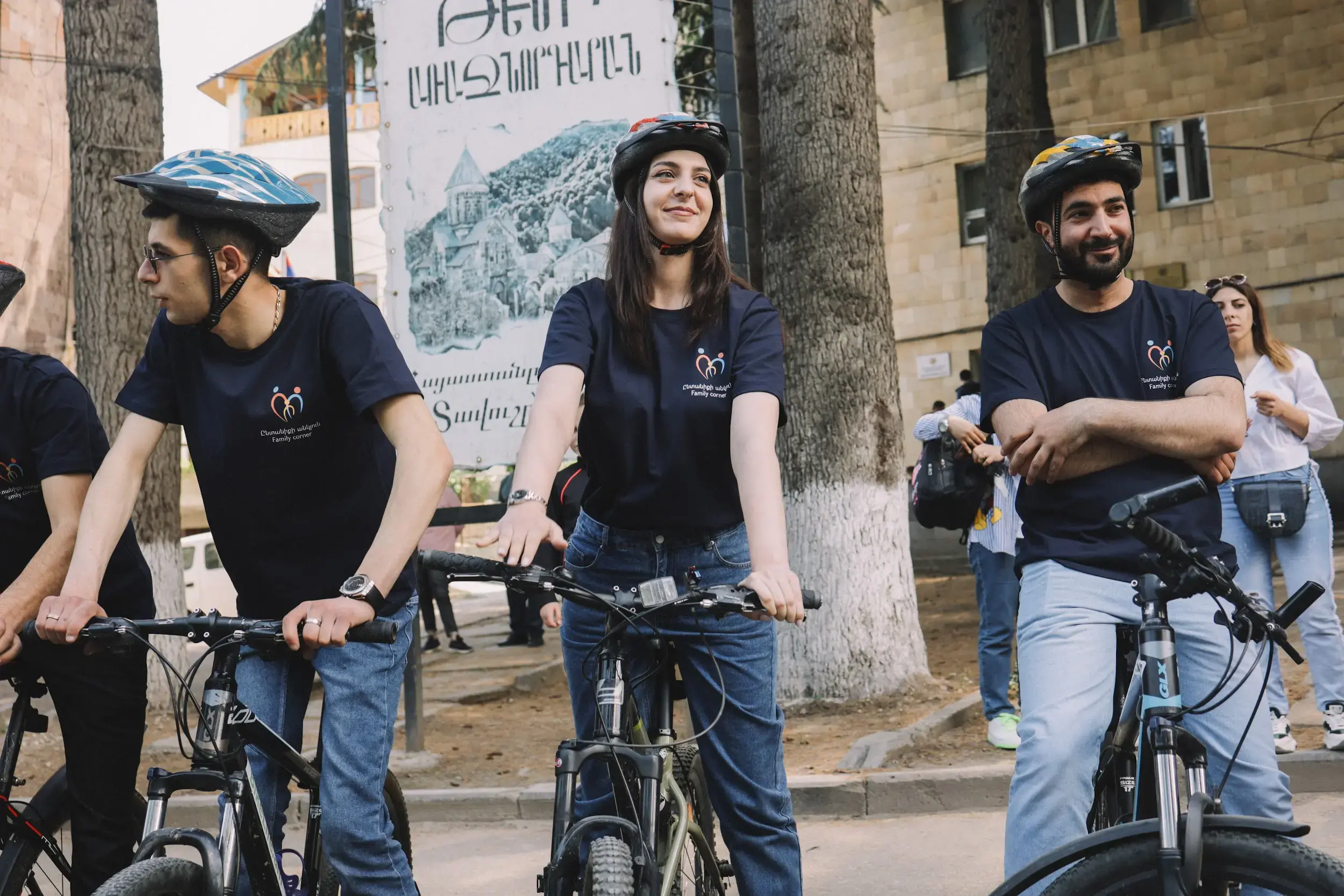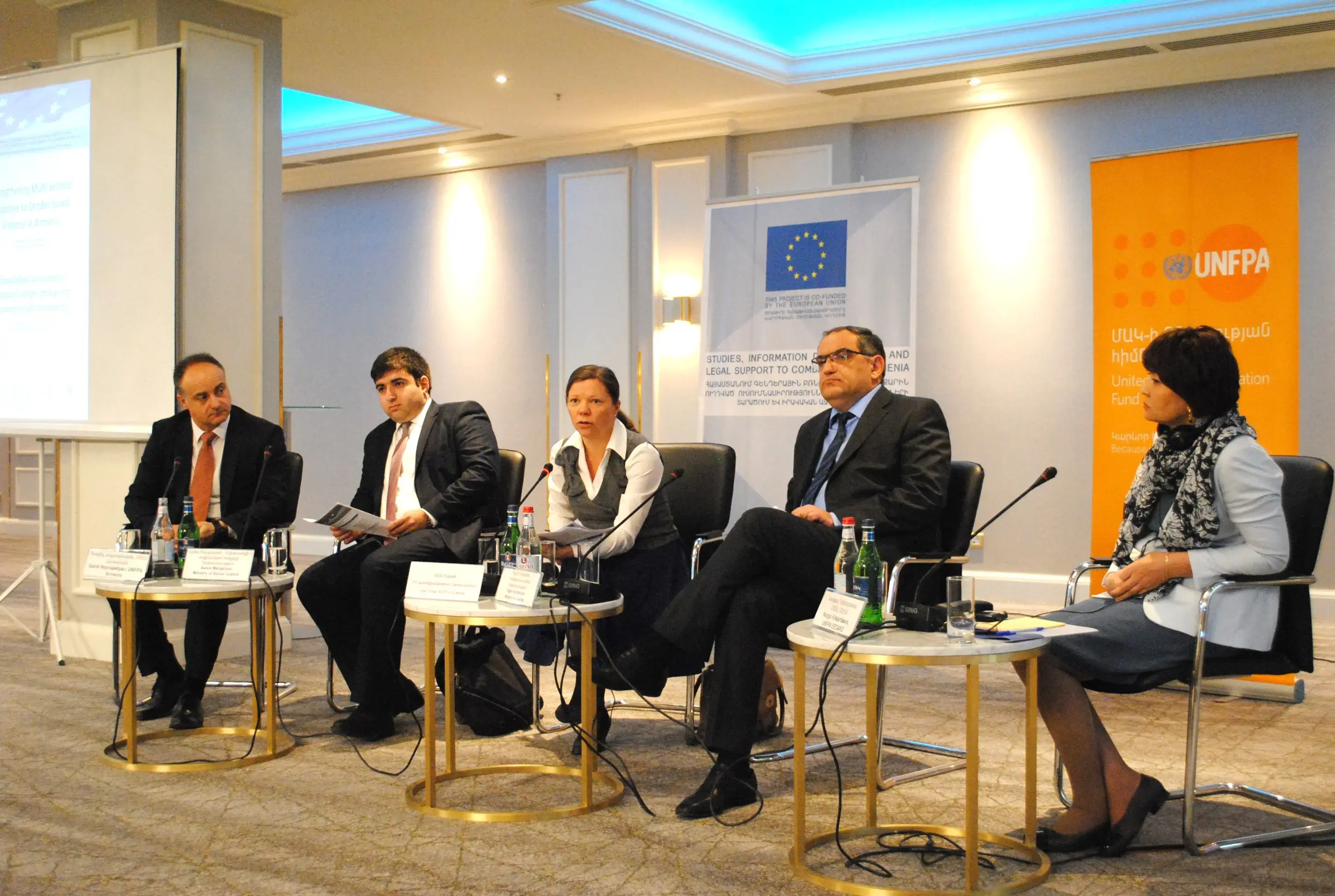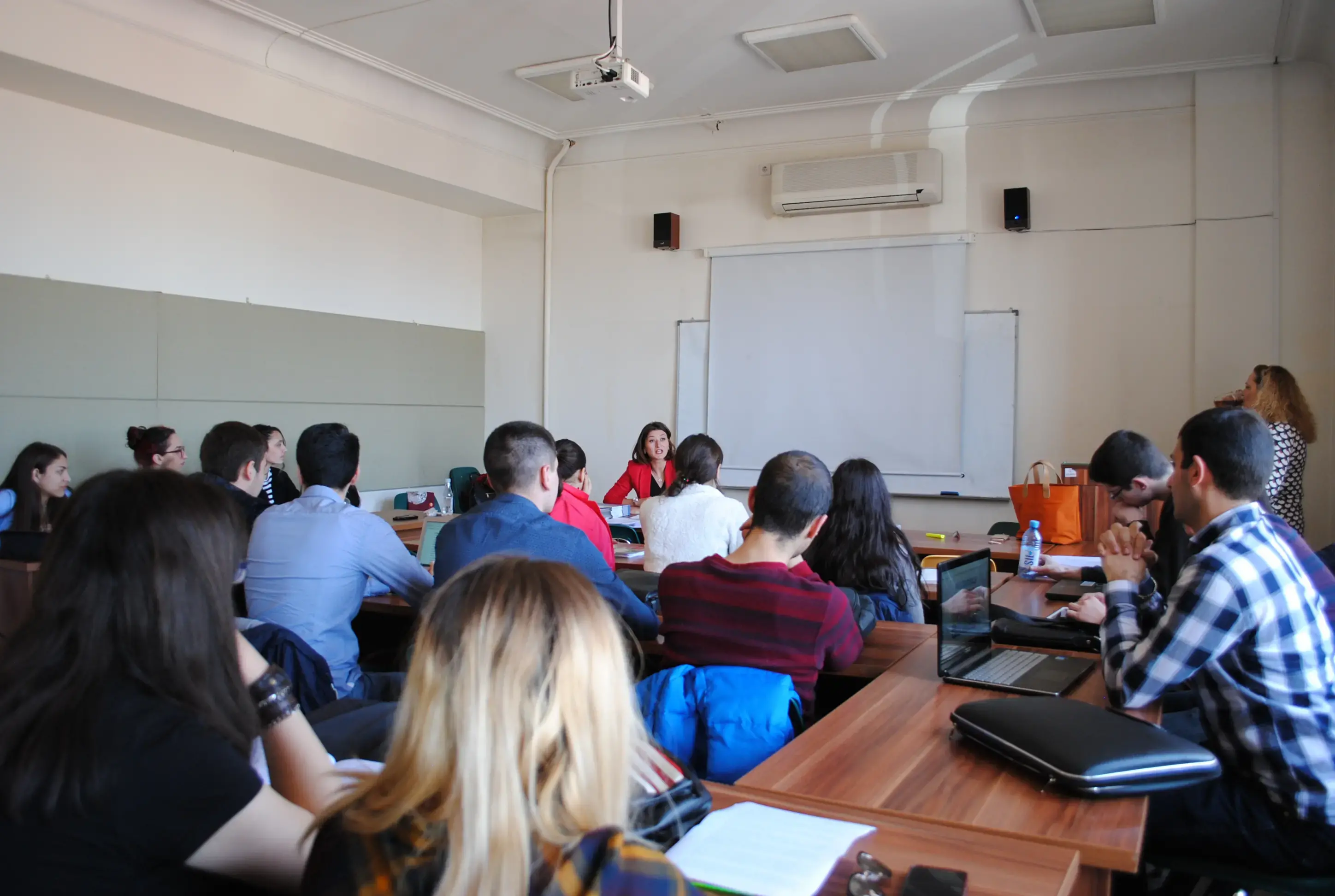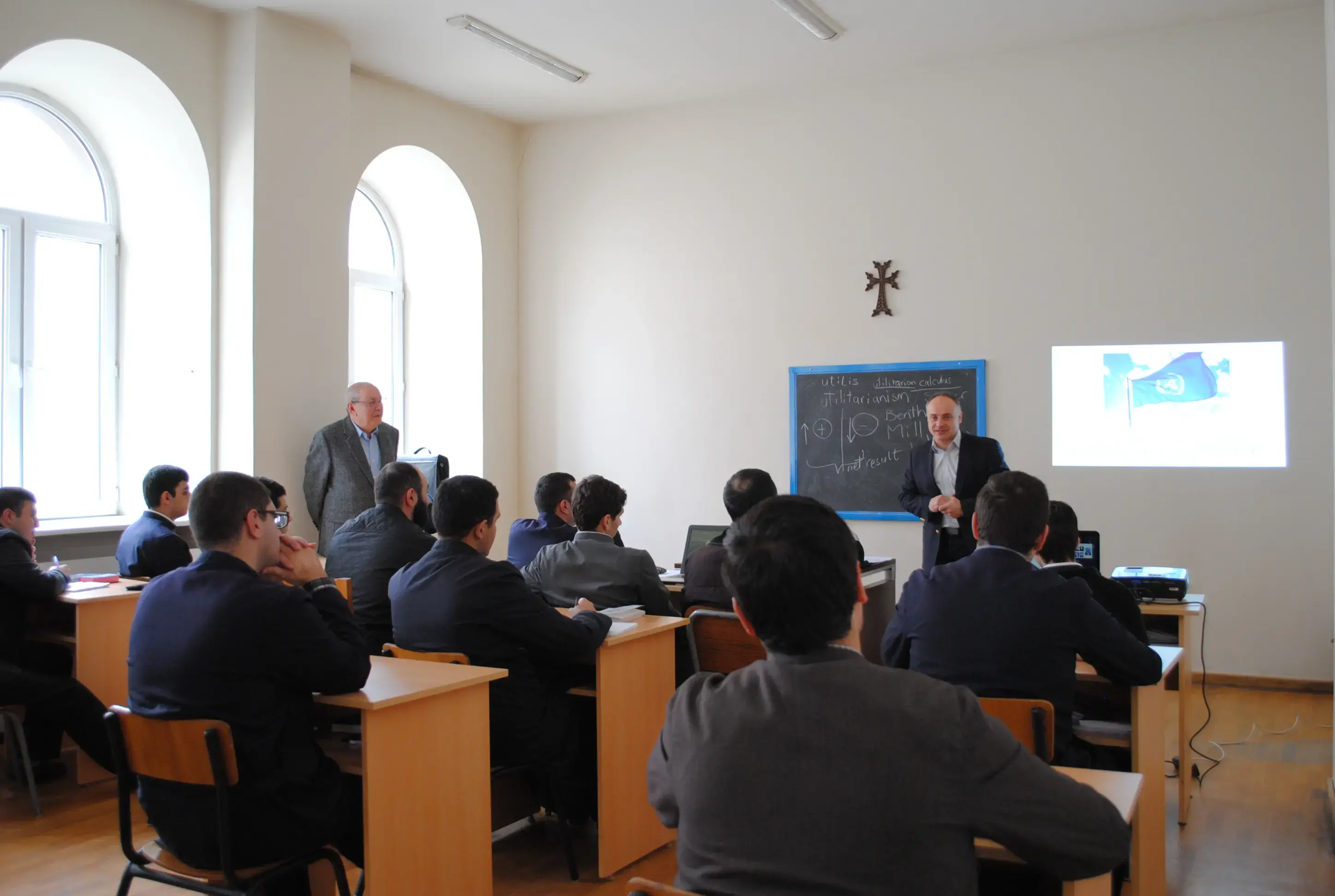Gender equality is a human right. Gender equality is also a precondition for advancing development and reducing poverty: Empowered women contribute to the health and productivity of whole families and communities, and they improve prospects for the next generation. Still, despite solid evidence demonstrating the centrality of women’s empowerment to realizing human rights, reducing poverty, promoting development and addressing the world’s most urgent challenges, gender equality remains an unfulfilled promise. UNFPA has advocated for women and girls, promoting legal and policy reforms and gender-sensitive data collection, and supporting initiatives that improve women's and girls' health and expand their choices in life.
Key directions
- · Responding to and reducing gender-based violence and GBSS
- · Engaging men & boys, promoting responsible fatherhood
- · Strengthening policy, legal and accountability frameworks to advance gender equality and empower women and girls
UNFPA contributes to the Gender equality through:
- the revision of the legal framework and policies in accordance with international standards to prevent and address gender-based violence and gender-biased sex selection,
- the coordinated multi-sectoral response to GBV, including for persons with disabilities and in humanitarian settings; this includes behaviourally informed campaigns addressing discriminatory gender and sociocultural norms, gender inequalities, GBV and gender-biased sex selection,
- establishment of women's resource centers, in partnership with CSOs.
UNFPA actions aimed at:
- strengthening civil society organizations and community mobilization to eliminate discriminatory gender and sociocultural norms, including related to SRHR affecting women and girls, including through engagement of men and boys and faith-based organizations;
- supporting communities to develop innovative advocacy initiatives to eliminate discriminatory gender and sociocultural norms that affect women and girls;
- supporting advancement of policies and the legal framework to prevent and address GBV and harmful practices, including through involvement of youth, men and boys, and persons with disabilities;
- supporting creation and operationalization of a coordinated multi-sectoral response to GBV;
- mainstreaming GBV prevention and response into protection interventions in the humanitarian settings in Armenia, in line with international humanitarian law and principles;
- supporting introduction of an accountability mechanism to ensure implementation of legislation and policies, in line with international standards;
- supporting improvement of educational and employment opportunities for women and improvement of women’s participation;
- improving knowledge regarding women’s rights and ways of protection from GBV and harmful practices.





